A history of the UK’s honours scandals
Former education secretary Gavin Williamson is knighted despite overseeing ‘exam fiasco’
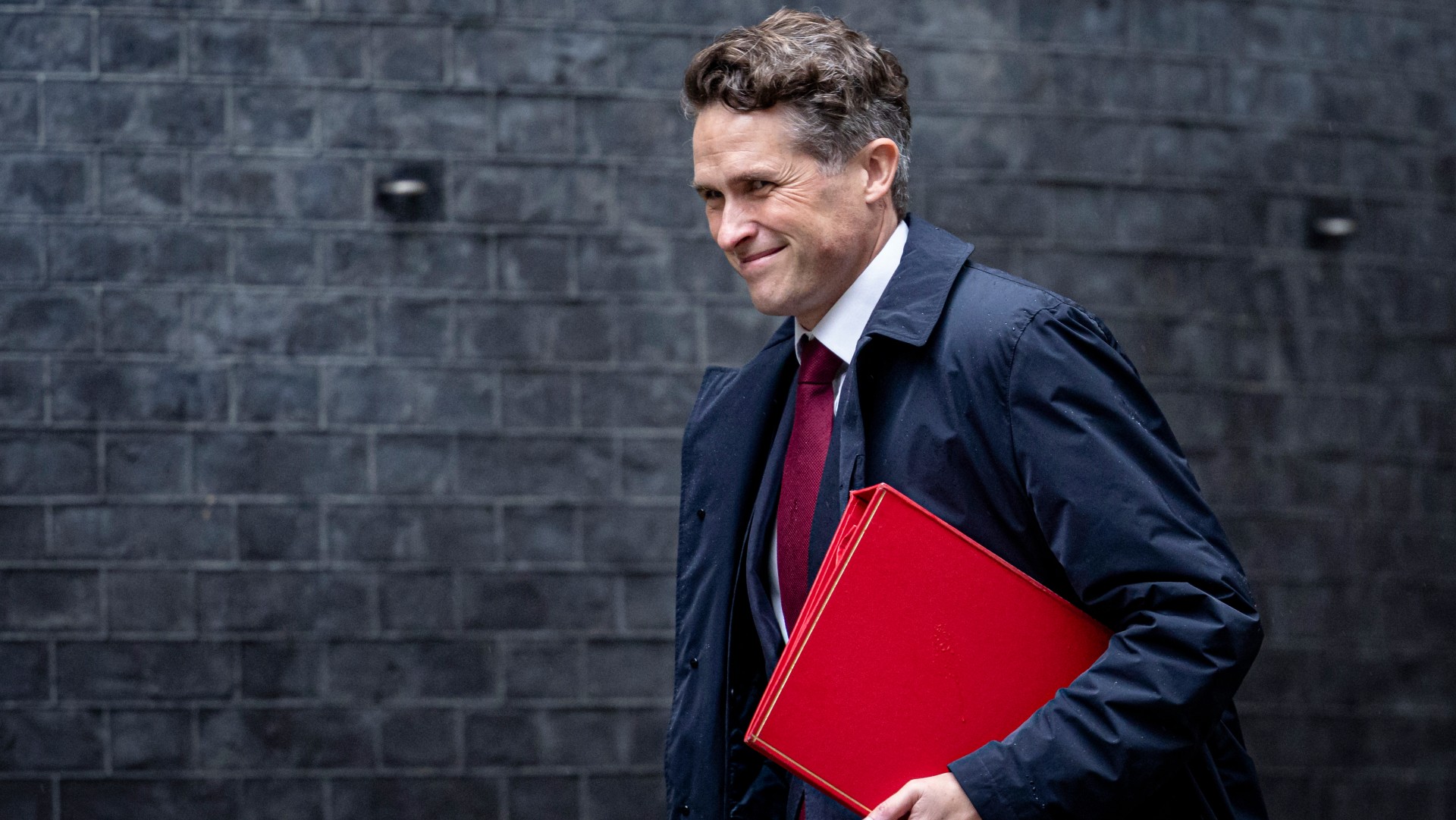
A free daily email with the biggest news stories of the day – and the best features from TheWeek.com
You are now subscribed
Your newsletter sign-up was successful
The doling out of honours in the UK is never short of controversy. And the latest announcement is no different after critics responded with disbelief to the news that former education secretary Gavin Williamson is to receive a knighthood.
“Headteachers and education union leaders expressed shock and surprise” when Downing Street yesterday said that the Queen had approved the honour for “political and public service”, The Telegraph reported.
Explaining the unusual timing of the announcement, one government source told the paper it had been planned for the New Year Honours list but had been “delayed” after Williamson became entangled in the “Partygate” scandal.
The Week
Escape your echo chamber. Get the facts behind the news, plus analysis from multiple perspectives.

Sign up for The Week's Free Newsletters
From our morning news briefing to a weekly Good News Newsletter, get the best of The Week delivered directly to your inbox.
From our morning news briefing to a weekly Good News Newsletter, get the best of The Week delivered directly to your inbox.
The question of whether the honours system is open to financial or other influence has haunted British public life for decades. Here are some of the most bitter disputes over honours in recent UK political history:
Lloyd George’s ‘cash for patronage’ scandal
David Lloyd George enjoyed an illustrious political career, including serving as prime minister from 1916 to 1922.
But the Liberal PM found himself embroiled in a major “cash for patronage” scandal over his resignation honours list in 1922. Although the purchase of peerages was not illegal, Lloyd George was accused of raising funds for his party through the sale of peerages, as well as using the honours system to (unsuccessfully) avoid criticism from newspapers.
It was the brazenness of Lloyd George’s “price list for peerages” that caused a scandal. They were arranged through political fixer Maundy Gregory, who sold peerages “ranging from £10,000 (more than £400,000 today) for a knighthood up to £40,000 for a baronetcy”, according to The Guardian.
A free daily email with the biggest news stories of the day – and the best features from TheWeek.com
From 1917 to 1922, more than “120 hereditary peers alone were created”, said The Spectator. So many knighthoods were given out in Cardiff – Lloyd George had grown up in Wales and spoke Welsh as his first language – that “it became known as the ‘city of dreadful knights’”, said the magazine.
The scandal led to the passing of the Honours (Prevention of Abuses) Act in 1925, and Gregory would eventually become the only person to be convicted under the act, continuing to falsely offer honours to the wealthy and connected into the 1930s.
Wilson’s Lavender List
Allegedly handwritten on pastel-hued paper by Harold Wilson’s closest aide Marcia Williams, later Lady Falkender, the so-called “Lavender List” has become an infamous document in modern political history.
The list named businessmen Wilson had chosen to honour to mark his 1976 resignation, making way for James Callaghan as the next prime minister. The list was controversial as many felt it “sanctioned the ennobling and knighting of crooked and dubious businessmen”, according to The Times – many of whom held views antithetical to the values of the Labour Party.
Names included a knighthood for Joseph Kagan, later convicted of false accounting, and businessman Eric Miller, who committed suicide while his firm was being investigated.
But further controversy was fuelled by the suggestion that Lady Falkender was either the principal author of the list or had sought to add to the list in order to reward her friends and financially benefit from the list herself. The list was seen as “an indication of the sway she held over Wilson, her alleged lover”, reported the paper.
Lady Falkender denied any involvement in compiling the list, maintaining she had “merely copied it from another list, on pink”, said the Financial Times in her 2019 obituary. And in 2007, the BBC was forced to pay her £75,000 in libel damages after a BBC Four docu-drama claimed she had conducted an affair with Wilson and had undue influence over the list.
Blair’s ‘cash-for-honours’ scandal
In 2006, Tony Blair became the first prime minister to be questioned by police as part of a political corruption inquiry that would drag on for 16 months, and overshadow the last days of his premiership.
An investigation was launched after SNP MP Angus MacNeil complained that four wealthy businessmen were nominated by Tony Blair for peerages after lending the party a total of £5m.
All four of the peerages were blocked by the House of Lords appointments commission, and MacNeil’s complaint launched a police investigation into whether laws banning the sale of honours had been broken.
The police inquiries would lead to 136 people being interviewed, according to the BBC, and Blair himself would be questioned three times, although not under caution and “as a witness rather than a suspect”.
Labour’s chief fundraiser Lord Levy – nicknamed “Lord Cashpoint” by the tabloid press – was arrested twice on suspicion of conspiracy to pervert the course of justice.
In 2007, the police would hand a 216-page report on the scandal to the Crown Prosecution Service – which later announced it had insufficient evidence to bring charges against anyone.
Cameron accused of cronyism
David Cameron was accused of cronyism when he nominated almost 50 close aides, political allies and Conservative donors for honours as part of his resignation honours list.
In an unusual move, four serving cabinet members were honoured in Cameron’s list: Philip Hammond, who had recently taken on the role of chancellor; Michael Fallon, the defence secretary; David Lidington, the leader of the House of Commons; and Patrick McLoughlin, the Tory party chairman.
“Normally politicians can expect to be honoured at the end of their time in office, not in mid-career or when they have just taken on a new cabinet job,” The Sunday Times noted in a critical leader.
Knighthoods were also given to two Tory Party donors who gave significant contributions to the “Remain” campaign, and a CBE was awarded to Will Straw, the campaign’s director, leading the newspaper to accuse Cameron of handing out honours as “consolation prizes” and “rewards for failure”.
Newspapers also balked at the award of an OBE to Samantha Cameron’s stylist, Isabel Spearman, as well as to other close aides and assistants who worked with cabinet members. One Whitehall source remarked to The Sunday Times: “They must have gone through the No. 10 staff list when they were compiling the nominations. I’m surprised Larry [the Downing Street cat] is not in there.”
CBE fixed by Prince Charles' aides
In another scandal over honours, The Sunday Times said billionaire businessman Mahfouz Marei Mubarak bin Mahfouz was given a CBE by Prince Charles in a private ceremony at Buckingham Palace in 2016 after he paid “tens of thousands of pounds to fixers with links to the prince who had told him they could secure the honour.”
Mahfouz donated millions to restoration projects of interest to Charles, including Dumfries House and the Castle of Mey in Scotland. The Saudi national was keen to secure British citizenship or residency through a so-called “golden visa” for investment, and “had been advised that securing as many honorary roles and awards as possible would help his cause”, said the paper.
It is alleged that Michael Fawcett, a former valet to the prince and an indispensable aide, helped to co-ordinate Mahfouz’s application for British citizenship and even helped to “upgrade” the proposed honour from OBE to CBE.
The Sunday Times claimed that leaked correspondence shows that Mahfouz’s aides were “explicit about the transactional nature of the arrangement”, and that large sums of money were being given to Charles’s charities to secure the honour.
According to leaked emails from William Bortrick, the owner of Burke’s Peerage and a paid adviser to Mahfouz, he told colleagues that once Mahfouz was honoured, “then more money will flow”.
The allegations pose “serious questions about the conduct of those close to the prince”, said the newspaper, and will also prompt a “renewed scrutiny of the honours system and whether it is open to monetary influence”.
Arise, Sir Gavin
The decision to honour Williamson, who was “responsible for the Covid exams fiasco” in 2020, has been described “as an insult to parents, teachers and children”, The Times said.
The former education secretary “played an integral role in [Boris] Johnson’s successful leadership campaign and was regarded by some as a potentially dangerous opponent on the Tory back benches”.
But the knighthood is also “controversial” as Williamson was sacked as defence secretary by Theresa May in 2019 after a Whitehall probe “concluded that he had leaked sensitive information from a meeting of the national security council”.
Some Tory MPs were also “scathing about the knighthood”, the Daily Mail reported, “suggesting it was a reward for remaining loyal” to the prime minister. “It will do nothing to enhance the public’s view of our discredited honours system,” one MP said. “He knows where the bodies are buried, and Boris has locked his shovel away.”
-
 The Week contest: AI bellyaching
The Week contest: AI bellyachingPuzzles and Quizzes
-
 Political cartoons for February 18
Political cartoons for February 18Cartoons Wednesday’s political cartoons include the DOW, human replacement, and more
-
 The best music tours to book in 2026
The best music tours to book in 2026The Week Recommends Must-see live shows to catch this year from Lily Allen to Florence + The Machine
-
 Will Beatrice and Eugenie be dragged into the Epstein scandal?
Will Beatrice and Eugenie be dragged into the Epstein scandal?Talking Point The latest slew of embarrassing emails from Fergie to the notorious sex offender have put her daughters in a deeply uncomfortable position
-
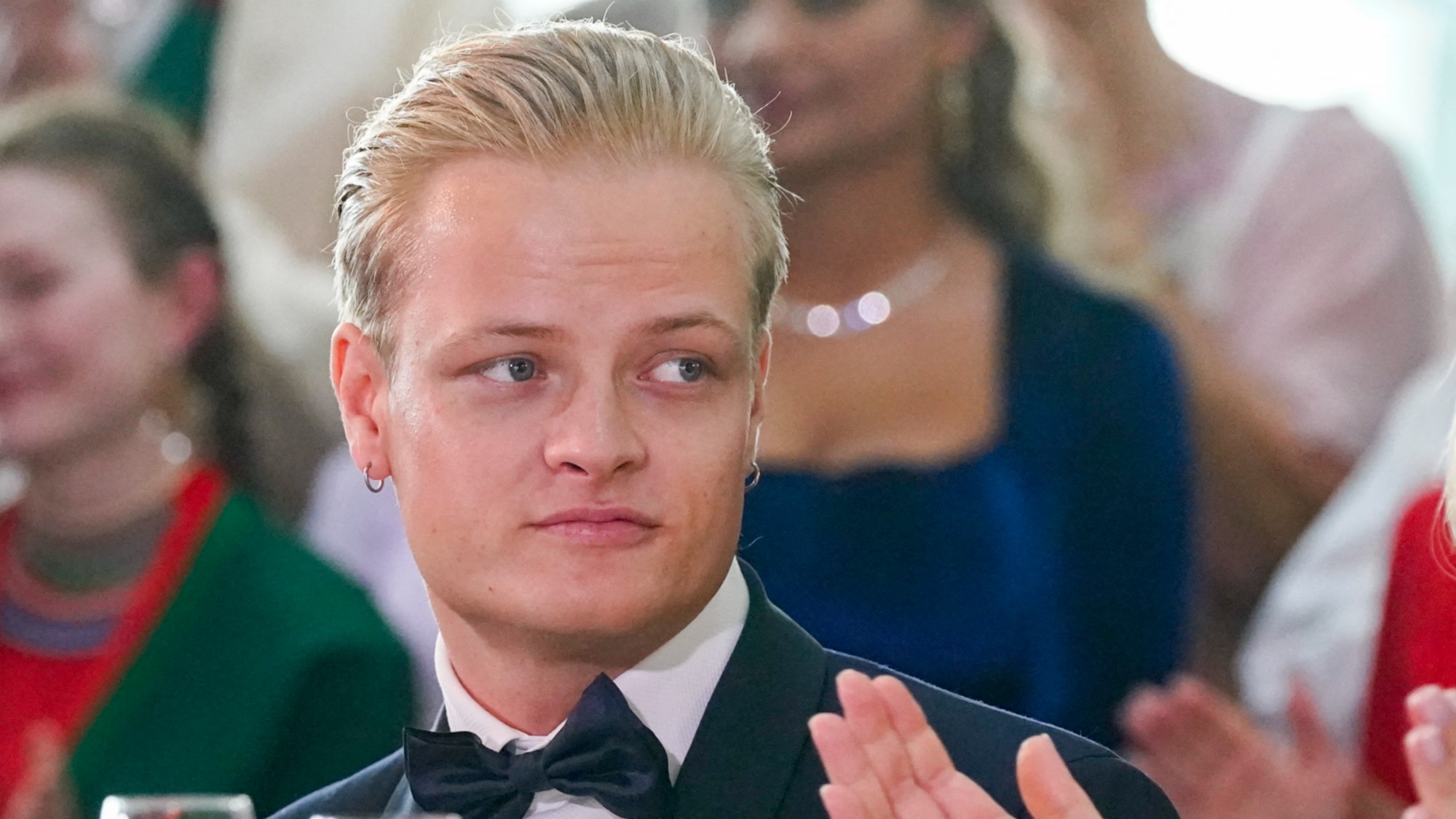 Norway’s scandal-hit royals
Norway’s scandal-hit royalsIn the Spotlight Rape trial of Marius Borg Høiby, son of the crown princess, adds to royal family's ‘already considerable woes’
-
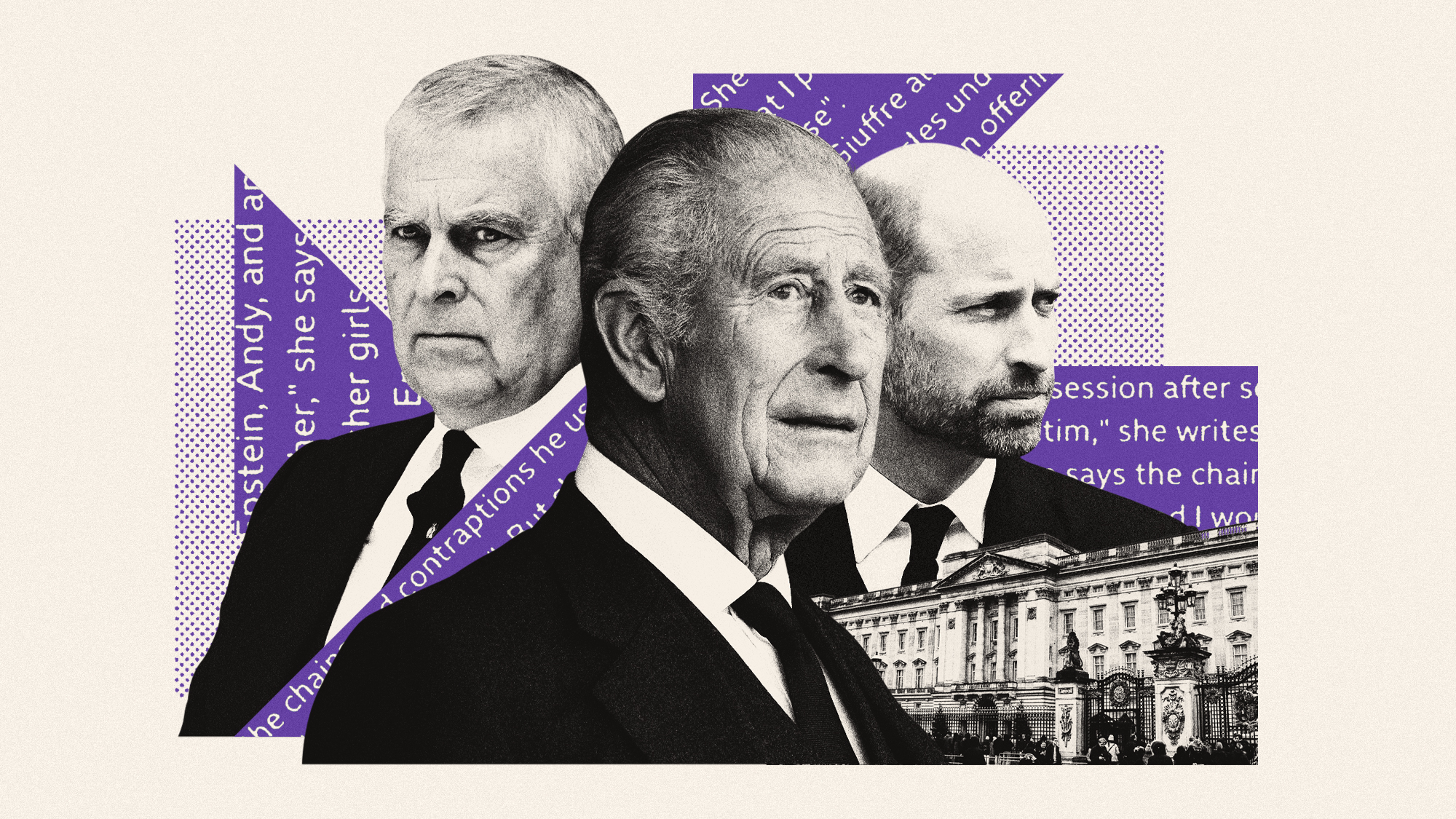 Prince Andrew: is the royal family doing enough?
Prince Andrew: is the royal family doing enough?Today’s Big Question King Charles faces calls for tougher action against Andrew after latest allegations about Virginia Giuffre and Jeffrey Epstein
-
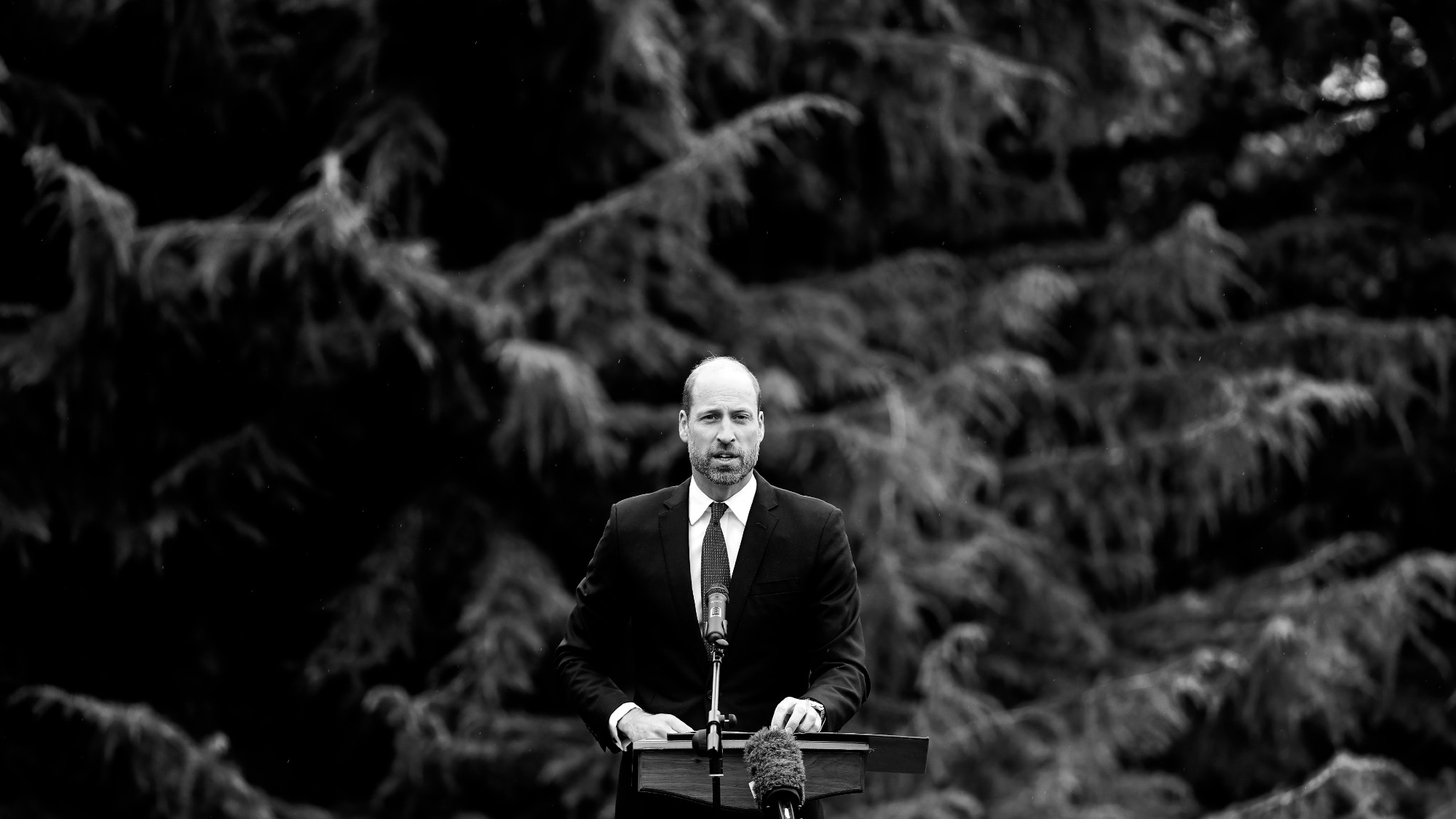 What will William be like as king?
What will William be like as king?Today's Big Question Prince of Wales said he won’t be ‘restricted’ by history when he takes the throne
-
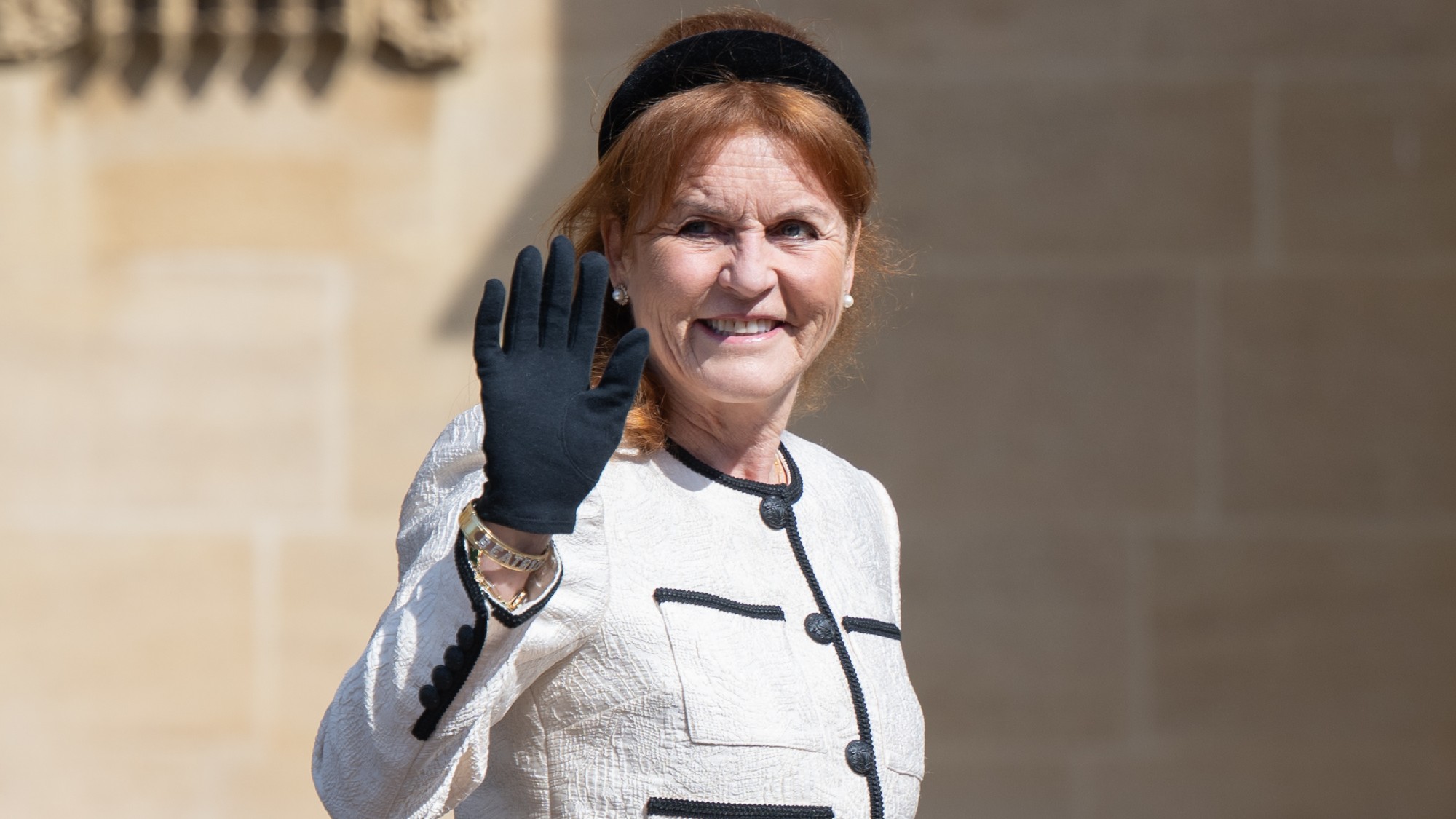 Sarah Ferguson: a reputation in tatters
Sarah Ferguson: a reputation in tattersIn the Spotlight After emails surfaced revealing ties to Jeffrey Epstein, weeks after she claimed to cut contact, her charities are running for the hills
-
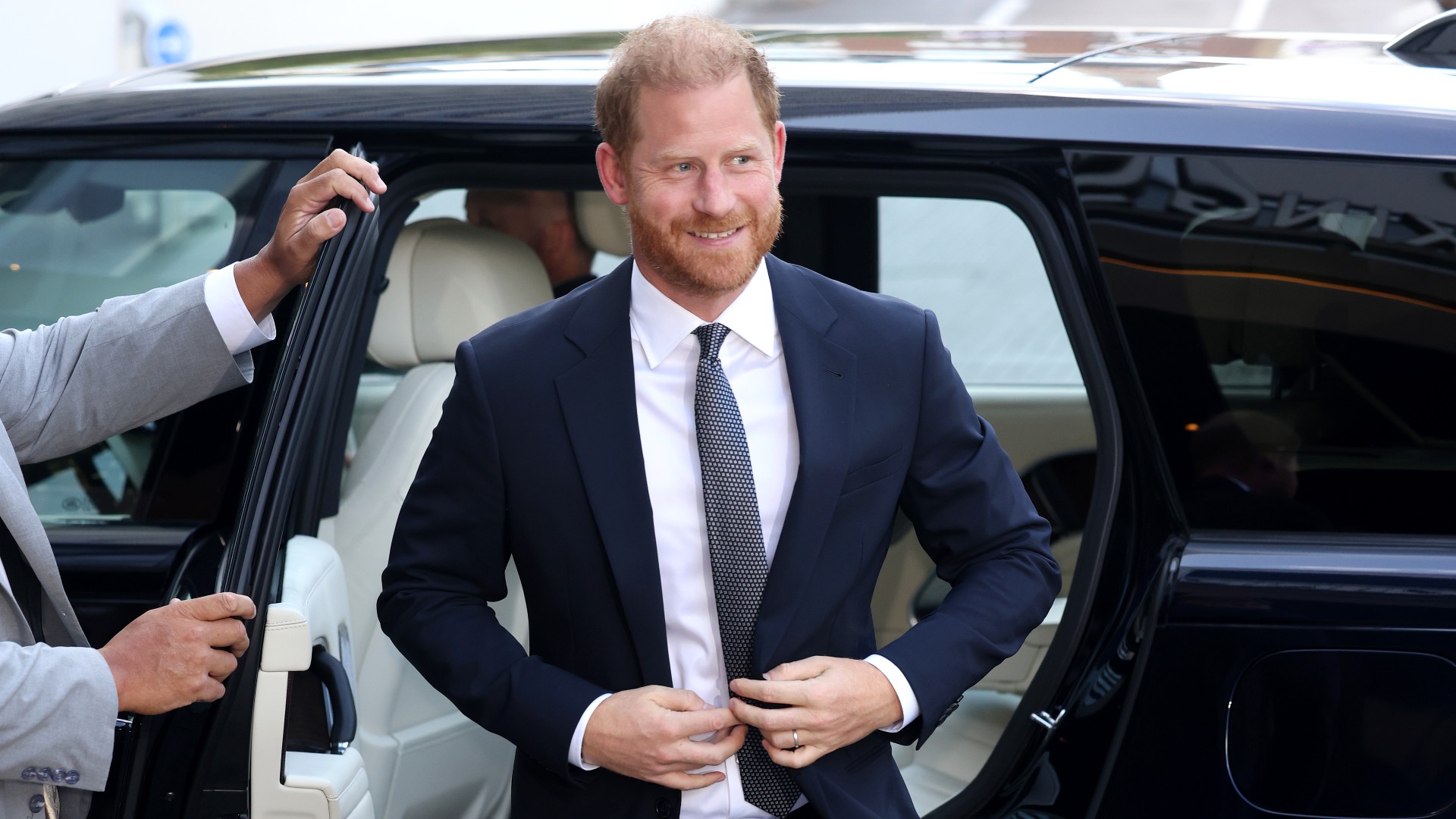 Prince charming: Harry’s tea with King sparks royal reconciliation rumours
Prince charming: Harry’s tea with King sparks royal reconciliation rumoursTalking Point Are the royals – and the UK public – ready to welcome the Duke of Sussex back in?
-
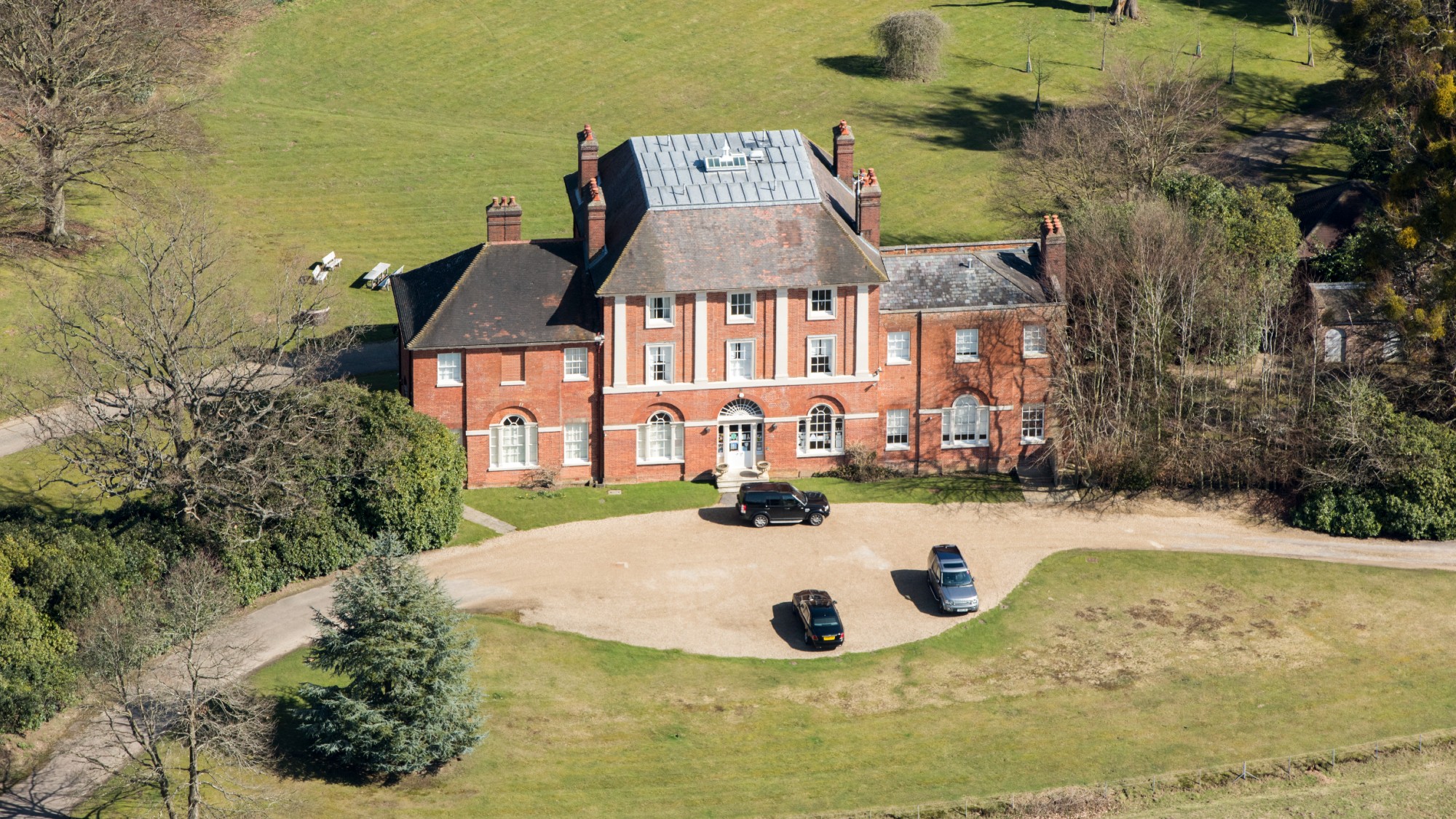 Forest Lodge: William and Kate's new home breaks with royal tradition
Forest Lodge: William and Kate's new home breaks with royal traditionIn the Spotlight Wales' said to hope move to 'forever home' in Windsor Great Park will 'leave unhappy memories behind'
-
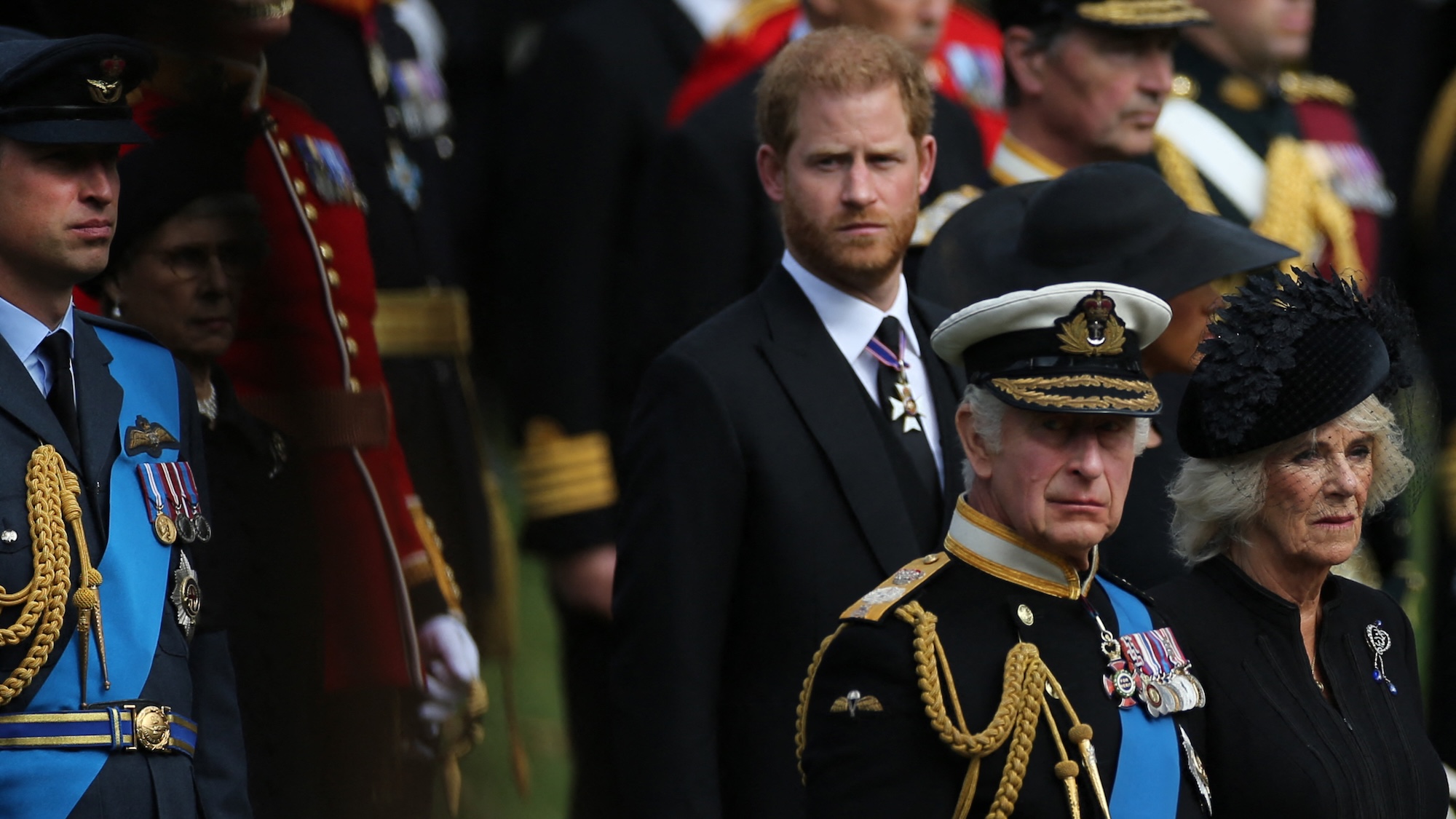 King Charles and Prince Harry: peace in our time?
King Charles and Prince Harry: peace in our time?Talking Point Leaked images of a secret meeting between royal aides suggest a dialogue is beginning to open up